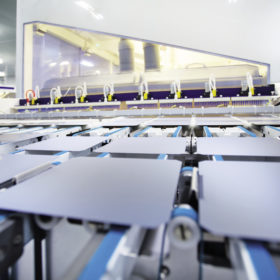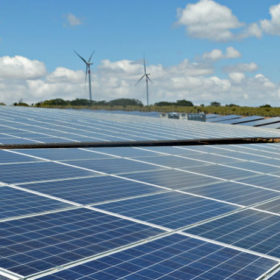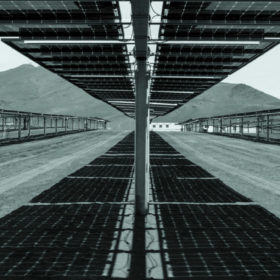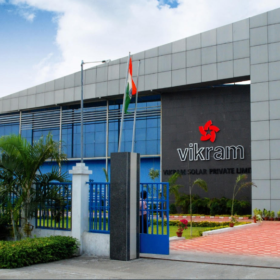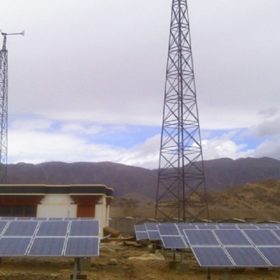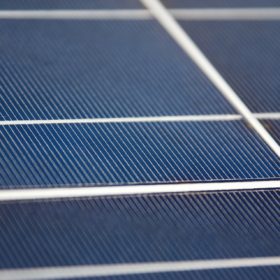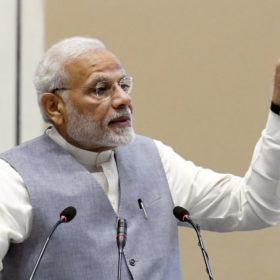The long read: Criteria and implications for gallium-doping
As a remedy for light-induced degradation (LID) in crystalline silicon cells, gallium-doped wafers are showing considerable promise. With reports that ingot growth productivity can rival that of boron doping, it seems that gallium doping may now be able to meet the cost, integration and performance criteria that have informed solar manufacturing technology adoption, writes Alex Barrows, senior research analyst at U.K.-based consultancy Exawatt.
Agrivoltaics works better with leafy greens, root crops
U.S. researchers have created a new model to assess the overlap between solar potential and underlying land use. The areas with the largest potential are the western United States, southern Africa, and the Middle East. The researchers concluded that croplands, grasslands, and wetlands are the top three land classes for PV projects linked to agricultural activities, while barren terrain, traditionally prioritized for solar PV system installation, ranked fifth.
India to add 15 GW of wind-solar hybrid capacity in five years
Almost 10 GW of hybrid generation capacity is already under implementation despite India having only 100 MW of combined wind and PV projects at present, according to analyst Crisil.
Single-axis bifacial PV offers lowest LCOE in 93.1% of world’s land area
Researchers from the Solar Energy Research Institute of Singapore have concluded that utility-scale PV projects relying on bifacial panels and single-axis trackers deliver the lowest levelized cost of energy in most of the world. They found that the combination of bifacial products with dual-axis trackers is still too expensive, despite the higher yield. The second-lowest LCOE is offered by monofacial single-axis tracker plants.
Denmark and India sign MoU on green energy transition
The new Indo-Danish cooperation will prepare the Indian energy system for the integration of 450 GW renewable energy by 2030. It will focus on knowledge exchange in areas such as energy planning and scenario modelling, integration of high share of renewable energy, power system flexibility and electricity markets.
Vikram Solar ranked ‘Top Performer’ module manufacturer again
The Kolkata-based manufacturer’s Somera monocrystalline silicon and Eldora polycrystalline silicon PV modules met and exceeded international quality and performance benchmarks in assessments by PV Evolution Labs.
DST launches energy storage innovation challenge
October 31 is the last date to submit proposals for developing economically viable energy storage solutions that can be integrated with appropriate renewable energy sources to provide an uninterrupted power supply for rural households and enterprises.
New method to measure cell voltages in operational PV modules
Scientists in Japan have proposed a new model to estimate cell voltages in solar modules by irradiating the cells with a weak modulated laser light. The method could be used to detect hot spots and other panel-degradation issues, such as potential induced degradation (PID) peeling, cracking, and poor contacts.
MNRE seeks consultants for the global supergrid plan
July 6 is the last date to submit proposals for the ambitious ‘one sun, one world, one grid’ plan that aims at seamless sharing of renewable energy resources among countries for mutual benefits and global sustainability. The program has been taken up by the Ministry with assistance from the World Bank.
Modi calls for a rooftop-solar-powered city in every state
The prime minister again emphasized the need for India to develop a domestic solar manufacturing industry and also urged officials to get on with plans to make Ladakh carbon-neutral.
